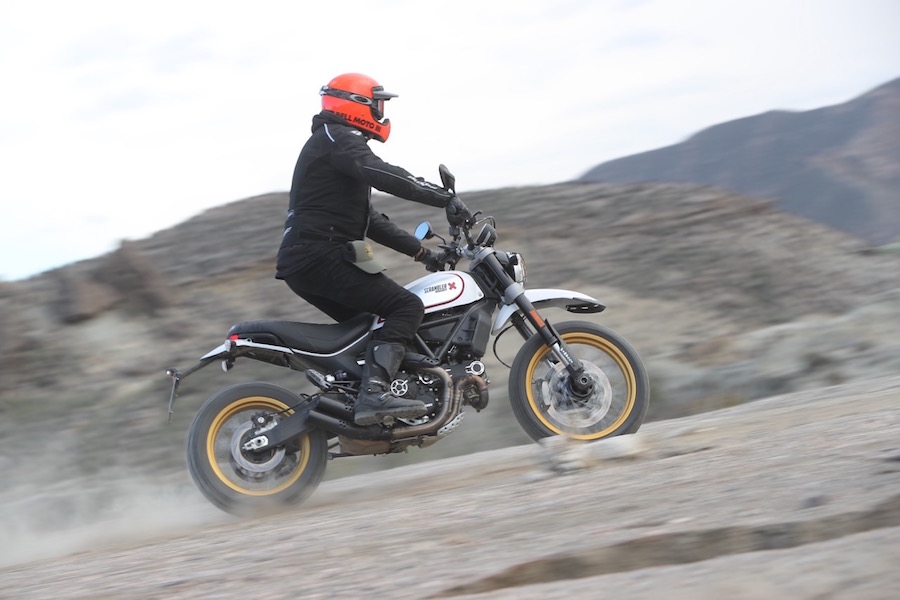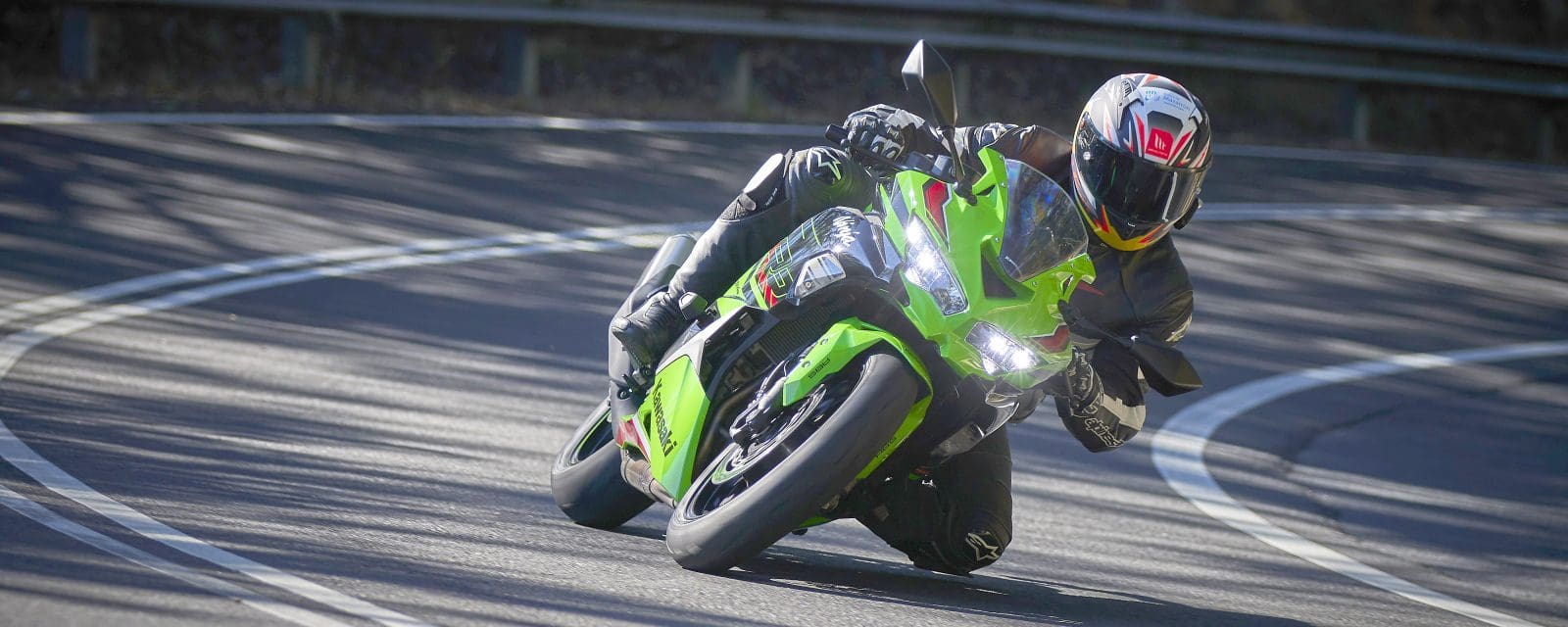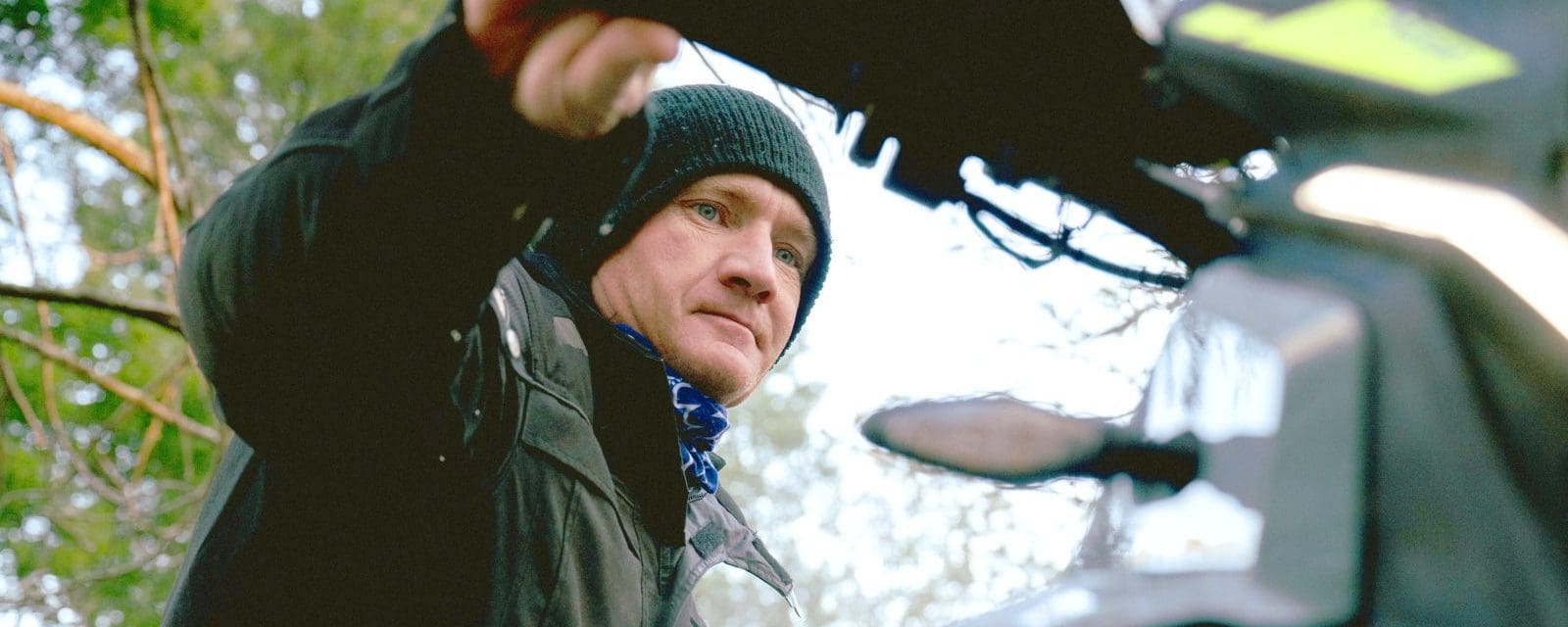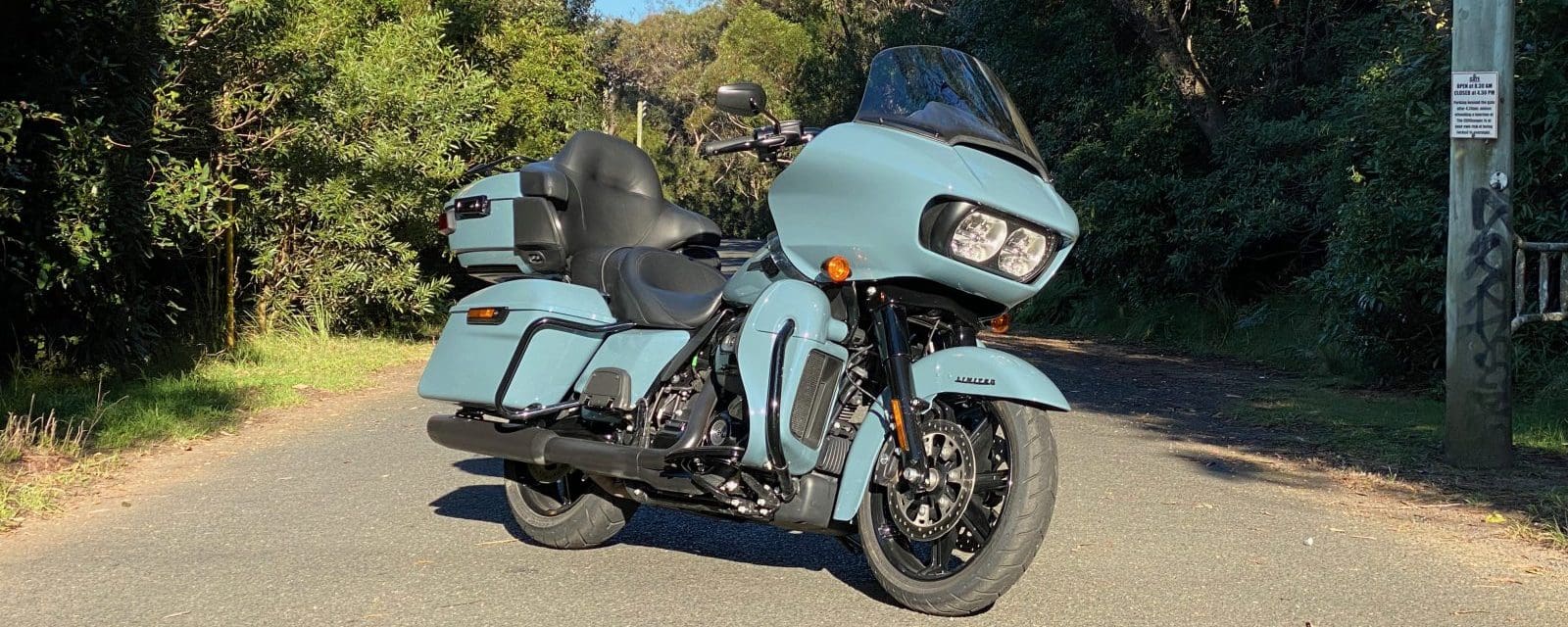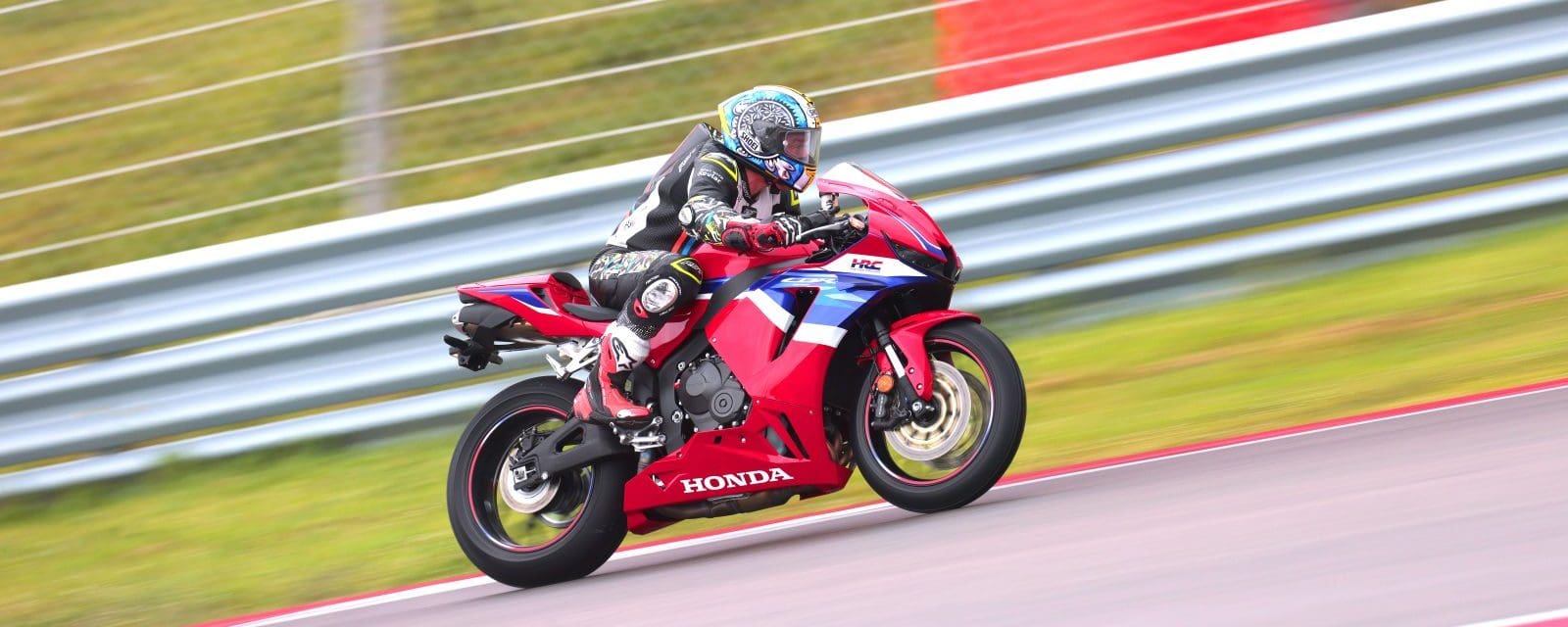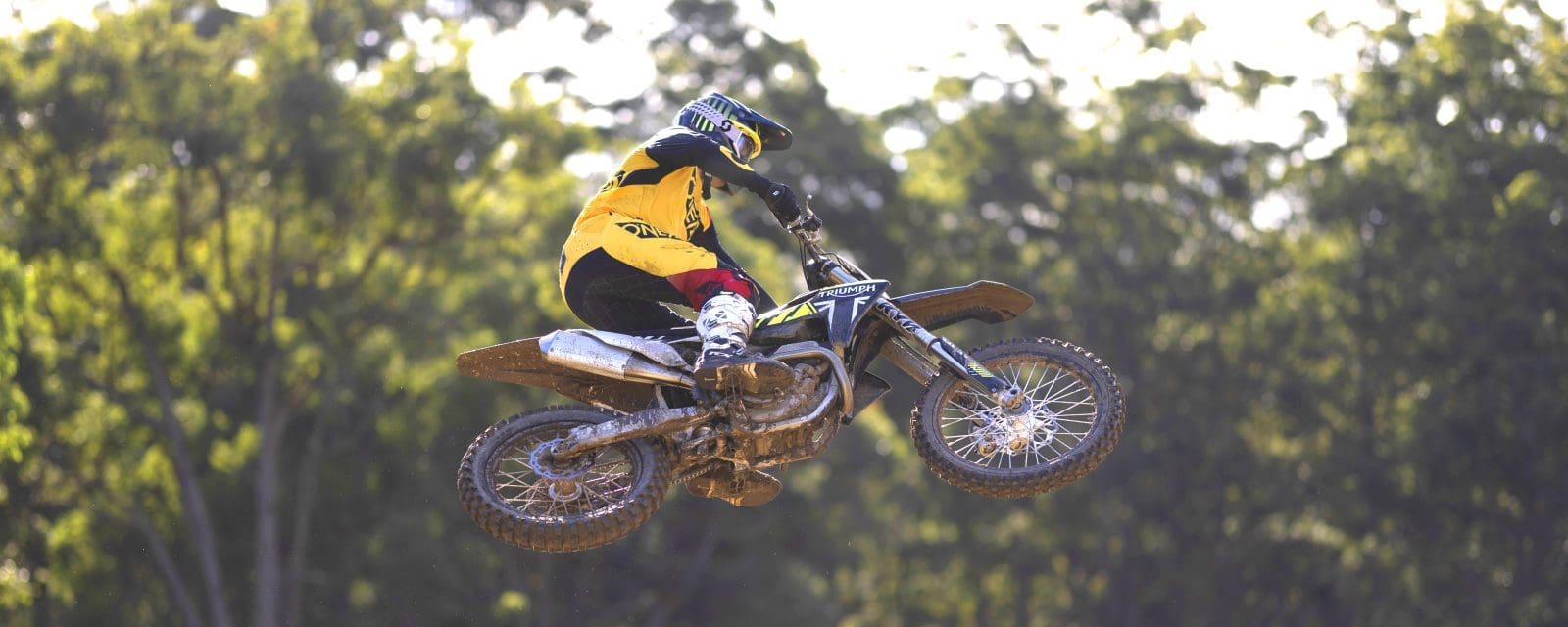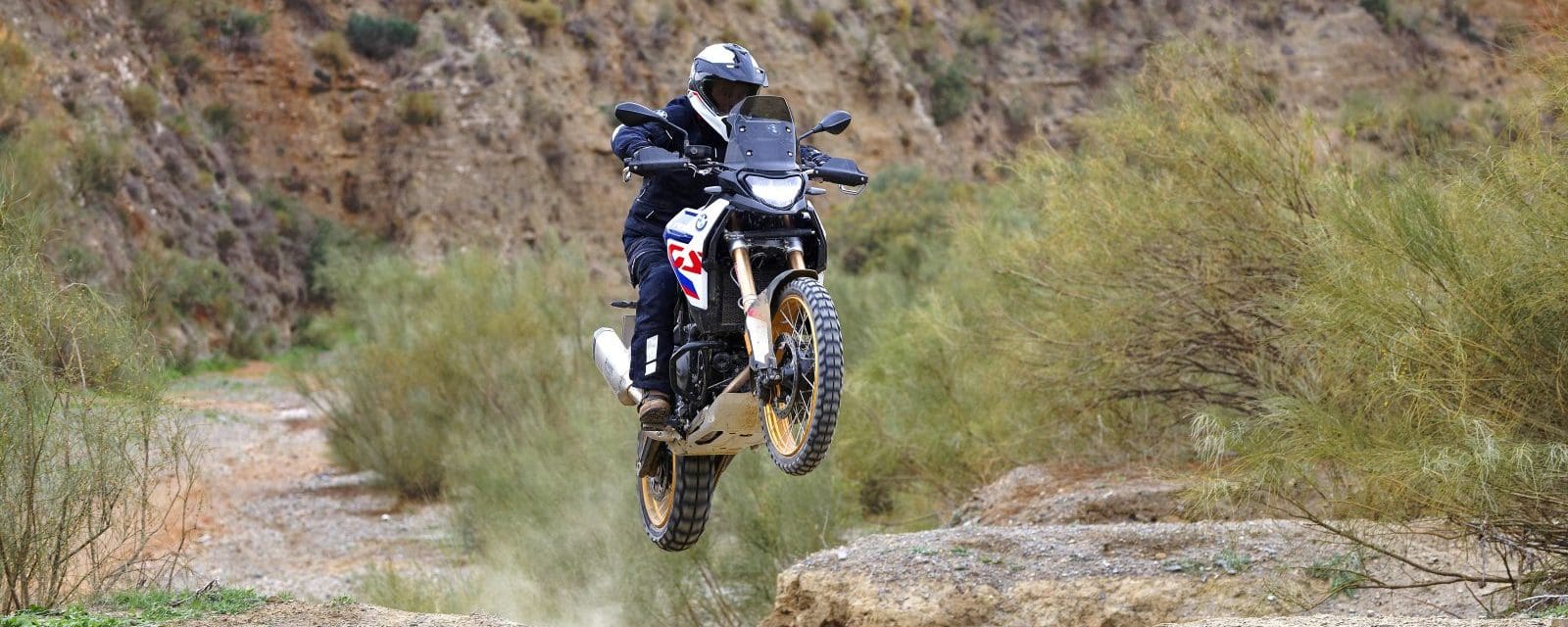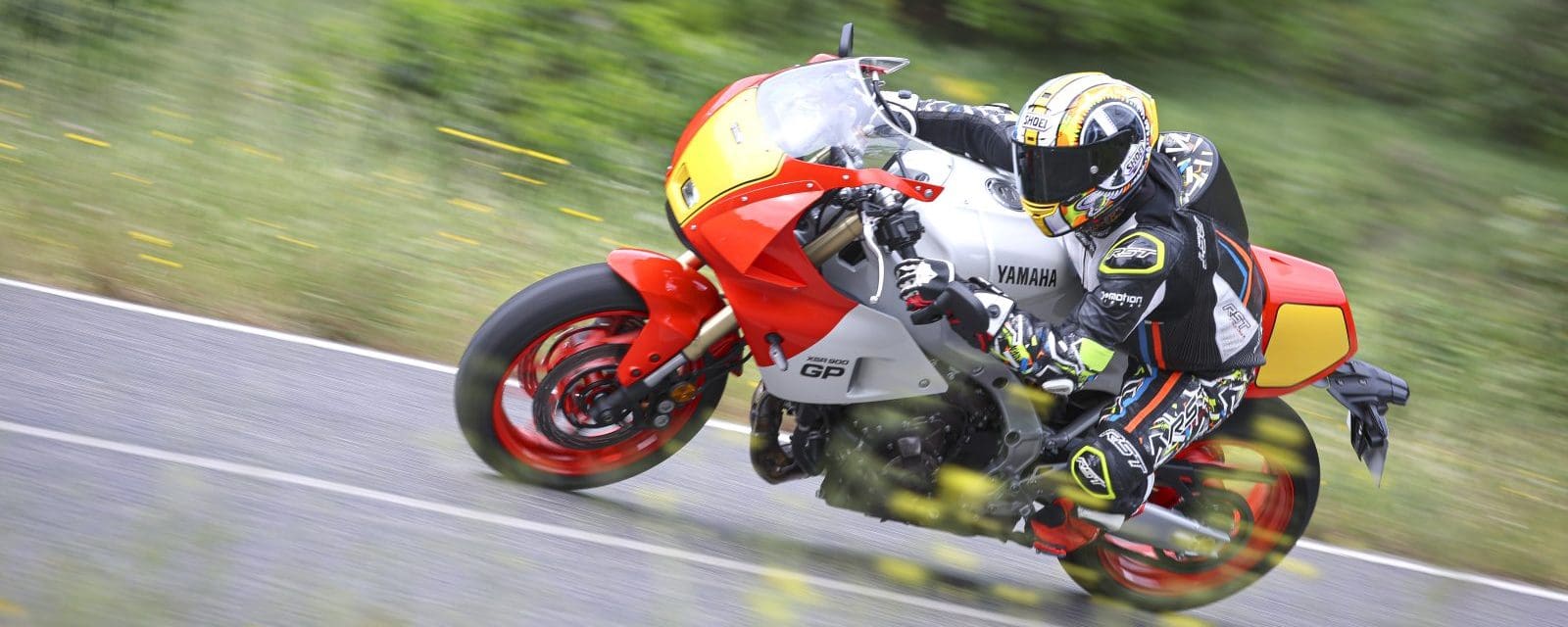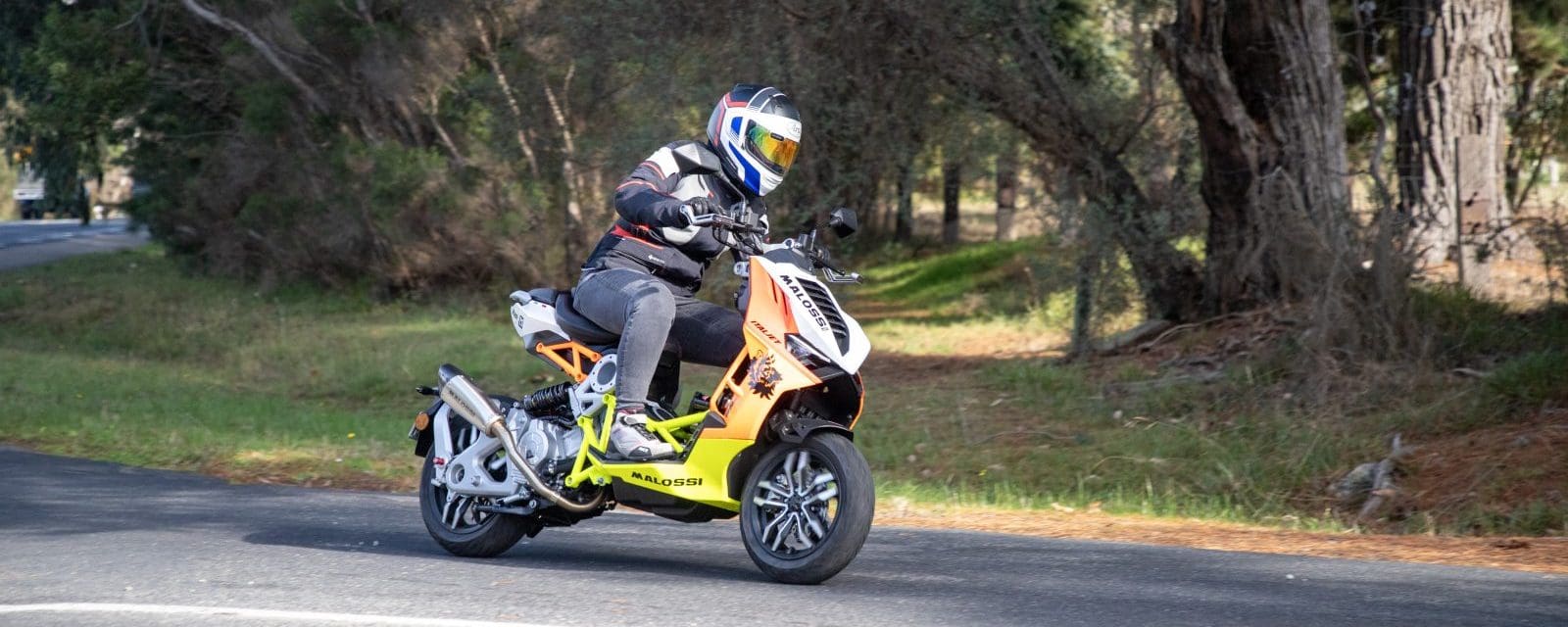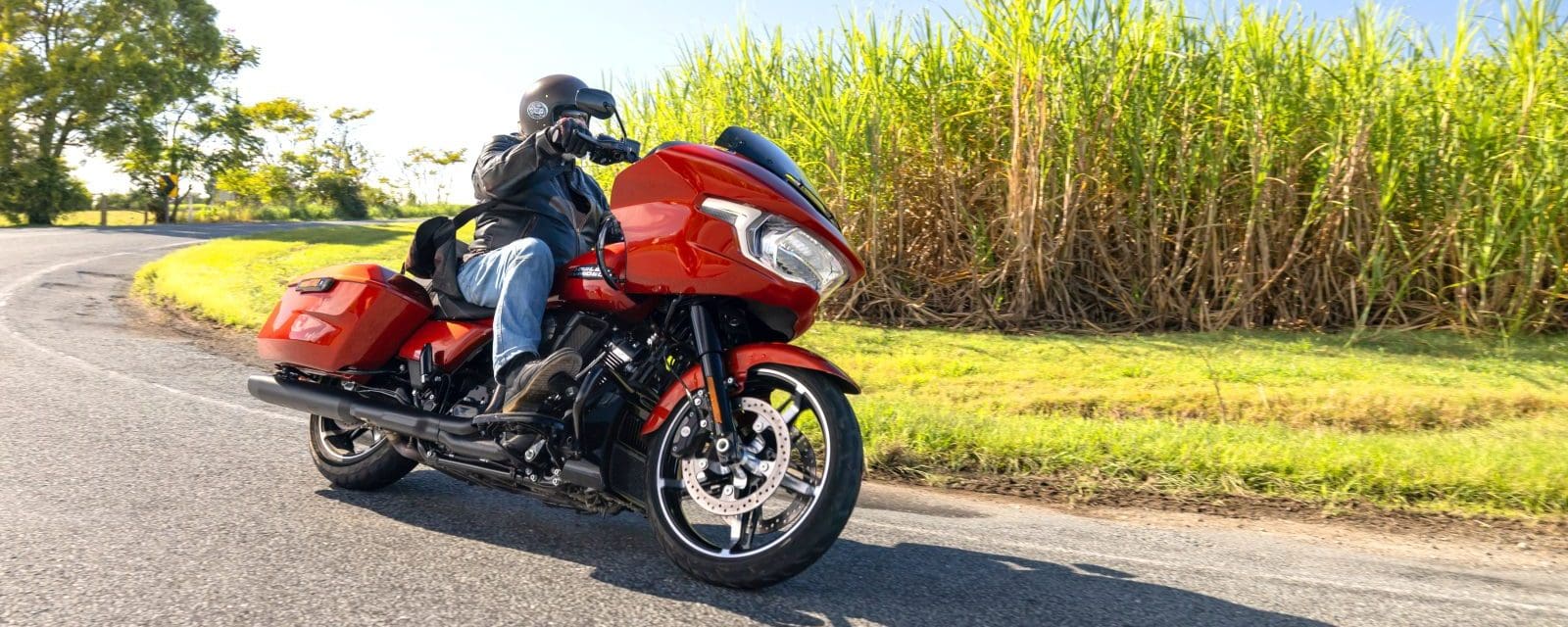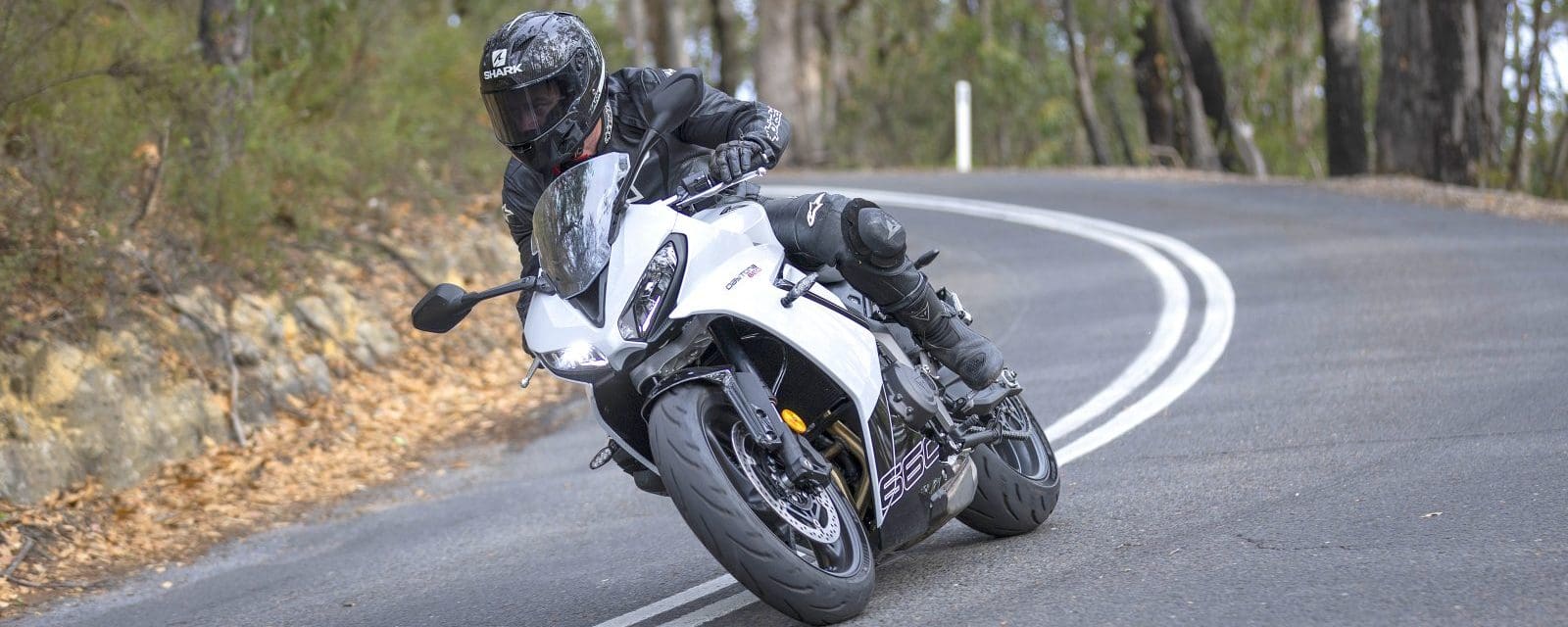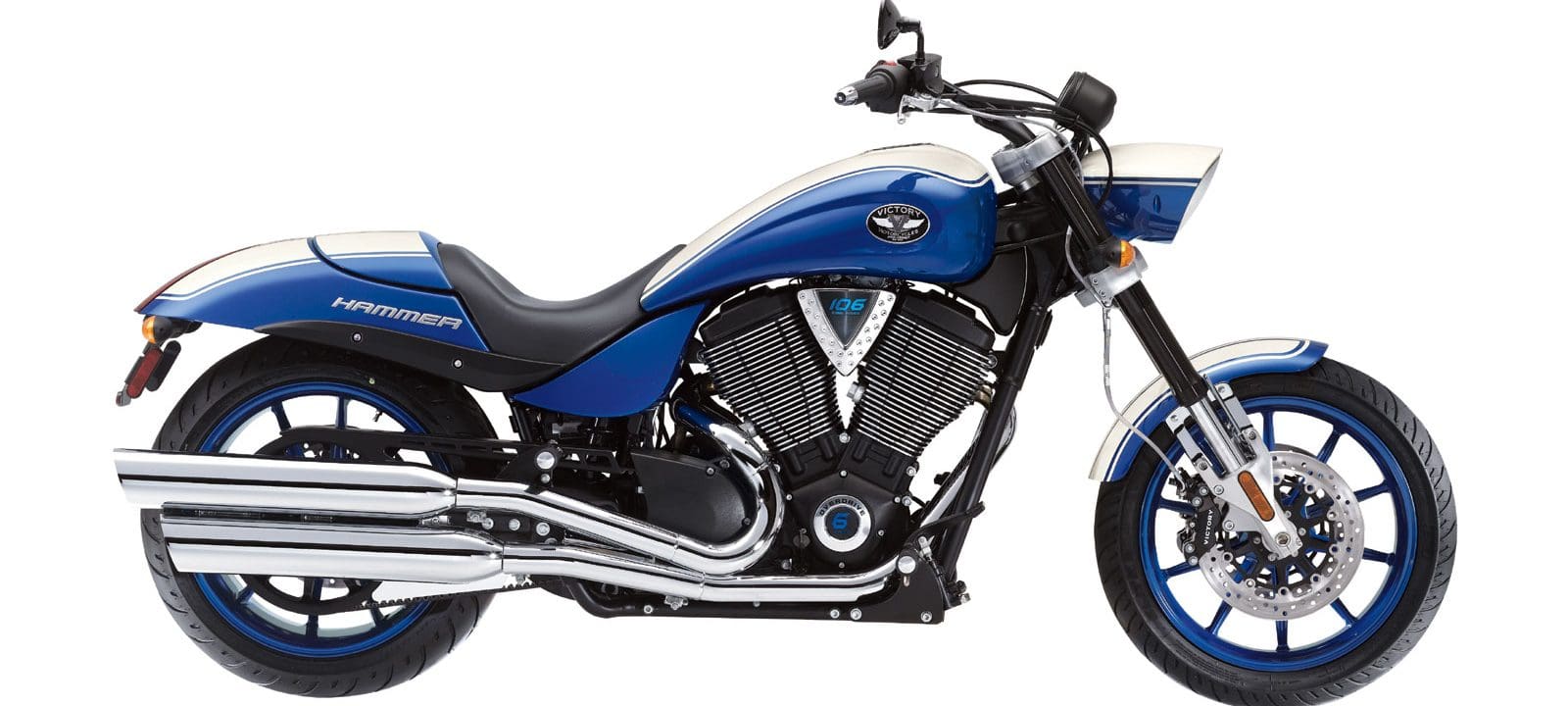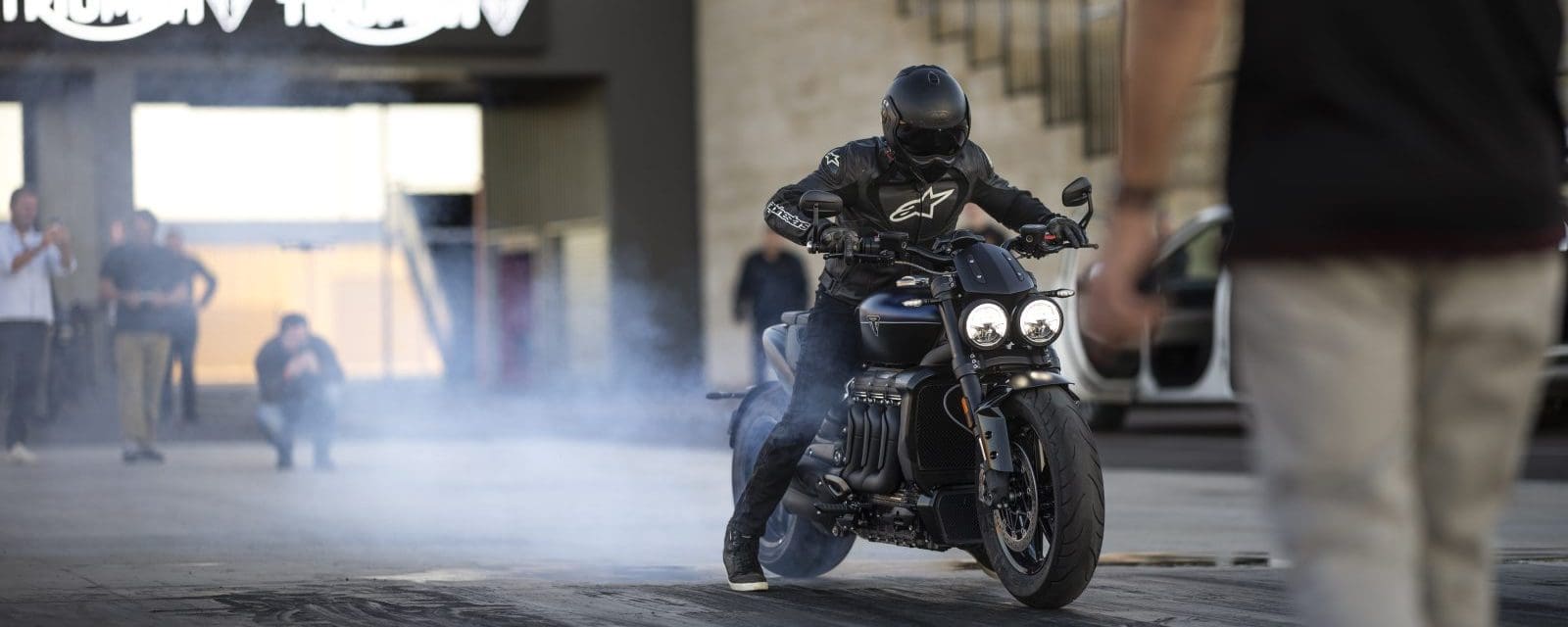AMCN has just completed the world launch of the Desert Sled, Ducati’s newest Scrambler, at Almeria and Tabernas Desert in Spain. What we discovered is that the new soft off-roader has finally put the missing touch of Scrambler into Ducati’s Scrambler range. Fresh off the bike, cold and tired but thoroughly impressed, we list out the top five things we loved, and a few we didn’t, about Ducati’s latest offering.
Look for our full launch test report in an upcoming issue of AMCN.
WHAT’S HOT
Retro done right
Ducati’s Desert Sled was inspired by the stripped-down off-road bikes of the 1960s and 1970s that competed in the Baja desert race.
Ducati has not only drawn on this inspiration for the design the Desert Sled, it’s also done a bloody good job of capturing the feel and soul of those early off-roaders, and a few that followed. It’s hard not to see more than a touch of classic Yamaha XT 500 in the Desert Sled. This bike is the real deal soft off-road package, not just a roadbike with knobby tyres and a bash plate. A reinforced frame with a longer and stronger swingarm is complemented by a beefier and now fully adjustable USD Kayaba fork (up from 41mm to 46mm) and new rear shock which is adjustable for preload and rebound with a gas cartridge. The result is a bike with a retro look but 21st-century off-road manners, creating a new genre in the process. It’s not an adventure bike or a dirtbike; it’s something in between that is going to have other manufacturers taking notice and probably following suit.
Confidence inspiring ride
With 200mm of suspension travel front and rear, 240mm of ground clearance, an 860mm standard seat height, and MX-style handlebar, the Desert Sled has a very different riding position to the Scrambler Icon. On the road it’s all about motard-style riding, but it’s when you take it off-road that the altered ergonomics really shine.
If you want to improve your off-road skills but have previously struggled with standing while riding, you should find the Desert Sled easy to control while up on the ‘pegs. The confidence-inspiring feedback while standing encourages you to have a go, and it probably won’t take long before you feel it inviting you to get out off the seat as soon as you transfer from tar to dirt. A full day of up-on-the-pegs off-road riding at the launch was an entirely fatigue-free experience.
Adjustable Suspenders
Before the launch, the biggest question mark next to the Desert Sled was the suspension’s ability to soak up the bumps and ruts of soft to medium off-road adventures as well as handle everything else from soft sand to tarmac.
The fully adjustable 46mm fork uses its 200mm of travel to tackle the rough stuff with ease, and the 200mm of rear shock travel is equally as impressive. While the front handled ruts, potholes and the odd jump with ease, the rear remained planted without a hint of bucking or bottoming out. Helped along by the reinforced and lengthened swingarm and longer 1505mm wheelbase, ploughing through soft sand was simply a case of shifting your weight back, throttling on and letting the bike move around a little. On the road, the longer-travel suspension didn’t suffer from excessive dive, and adjustability is just a few clicks away if required. At least 70 per cent of the launch was off road, proving Ducati has nothing to hide when it comes to the dirt credentials of its latest offering, but the bike’s ability to carve around slow to medium twisty tarmac is just as noteworthy.
Unchanged Brakes are up to the task
Ducati’s marketing spiel suggests it has retained the single front disk brake for aesthetic reasons, but it’s most likely a move to minimise weight on a bike that comes in at a claimed 191kg (dry), 21kg heavier than the 170kg Scrambler Icon. The additional weight comes courtesy of frame reinforcing to deal with the rigors of off-road riding, as well as a longer swingarm and beefier suspension. Whatever the real reason, the unchanged braking package is more than adequate for its intended use. No vicious initial bite from the radial four-piston Brembo caliper clamping the front 330mm single disc reduces the chance of a front-end washout when riding off road with the ABS disengaged. Impressive lever feedback from the front stopper helps with pushing on when riding on the loose stuff, while a nice firm foot brake makes locking the rear something you do intentionally, not accidentally.
Air-cooled L-Twin Euro 4 Homologated
Euro 4 emissions rules have not strangled Ducati’s punchy little air-cooled 803cc L-twin engine. Forward thinking by the Scrambler team meant its 803cc powerplant was mostly Euro 4 ready when fitted to the original Scrambler. Minimal changes to the exhaust system and none to the engine internals has meant the Euro 4 tick of approval has not been at the expense of power or torque which remains at 55kW @ 8250rpm and 68Nm @ 7750rpm.
During the design process, the Desert Sled team took the opportunity to eliminate the slight snatchiness from the original Scrambler’s power delivery by programming a more progressive throttle opening and reprogramming the ECU, doing away with the 1:1 throttle input butterfly opening of the Scrambler Icon. The result is a bike which is much easier to manage on the dirt. It can still enjoy some tail-out action, but only when you want it to happen.
Despite a change to the exhaust cat and canister, the throaty sound from the air-cooled L-Twin remains.
WHAT’S NOT HOT?
Extra Goodies
The standard fitment footpegs with rubber inserts have been taken from the Multistrada. These are a little small when riding in cumbersome off-road boots. Our test bike was fitted with the larger pegs – without rubber inserts – from the expansive Desert Sled accessories catalogue. These allow a better fit with the thick sole of an off-road boot, resulting in better control over the bike when standing. The footbrake lever position is also a little high, making it difficult to ride standing with your footing covering the brake lever.
Hand guards would be a smart standard fitment. Riding through scrub-lined trails in temperatures nudging zero without hand guards resulted in icicles for fingers and a few bruised knuckles. Being able to keep my hands out of the freezing air wind blast, and away from overhanging branches, would have made for a much more comfortable ride. Engine protection bars are another accessory that would work well as standard.
ABS update
Disengaging the ABS needs to be more off-road friendly. The Desert Sled is a genuine crossover machine, and you need to turn off the ABS when you leave the tar and hit the dirt. While the ABS setting you choose is remembered when the bike is turned off and back on again, engaging and disengaging the ABS remains the same as the road-orientated Scrambler – a series of long and short switchblock button presses that takes time. For a bike designed with an equal share of on and off-road riding in mind, a single switch ABS on/off makes more sense. One step further would be the introduction of an enduro-style braking mode which disengages the ABS to the rear wheel only.
LCD Display
While the important stuff, like your speed, is easy to read on the round-faced, single-pod LCD display, everything else requires a magnifying glass for those with not-so-young eyesight.
Gear ratios
The gear ratios feel slick, with clutchless up and down possible on the move; however, the gear ratios are the same as the existing Scrambler. In tricky dirt sections, this forces you to choose between wheel spin in first gear or slightly bogging down in second gear. Though this will probably be seen as nitpicking, closer ratios between first and third gear would make an impressive new bike just that little bit better.
Ducati’s new Desert Sled looks like it could strike a chord with those who once enjoyed a bit of road/trail riding but have not been tempted by the range of adventure bikes on offer. Also, those looking for a fun and easy-to-handle soft off-roader that will let them cruise the café strip on Saturday and hit the short trails with their adventure bike riding mates on a Sunday should give the new Ducati Scrambler Desert Sled a try.
